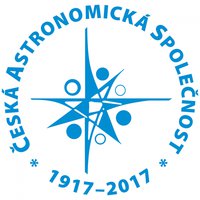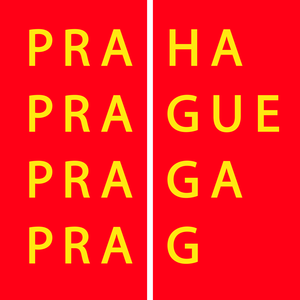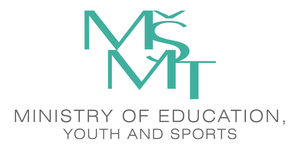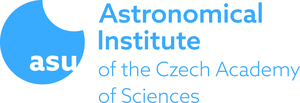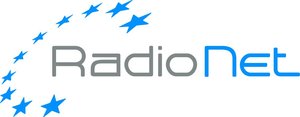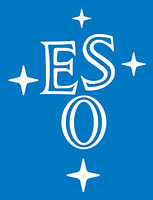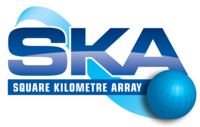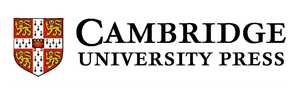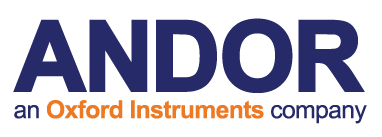Special Session SS22
28 – 29 June 2017
Making the case for European astronomy and space science: public and political engagement
Aims and scope
Astronomers and space scientists are exceptionally active in public engagement, with programmes supported by international organisations (ESO, ESA and SKA), national funding agencies, EU Horizon 2020 grants, universities and observatories, science centres, and a vibrant amateur astronomy community. The International Year of Astronomy (IYA) 2009 helped embed this into working practice, and the Communicating Astronomy with the Public conference is a biennial fixture.
The public profile of astronomy and space is currently riding high, with broadcasters and writers covering stories in this area most days, such as the human involvement of ESA astronauts e.g. Tim Peake and Luca Parmitano, the successes of the Rosetta / Philae mission, the detection of gravitational waves, and the continuing search for habitable exoplanets.
Nonetheless this empathy with science is by no means universal. The EU referendum in the UK, and the Brexit result, was a visible demonstration of the lack of public confidence in experts, and despite dedicated campaigns, the scientific community had little impact on the outcome. In most European countries, researchers still face harsh funding strictures (only Denmark, Finland and Sweden have met the target of investing 3% of GPD in R&D), and EU citizens are ambivalent about expanding space exploration. And whilst there has been progress in increasing the number of women in the field, it remains overwhelmingly white, and sees few entrants from non-traditional backgrounds.
This session will explore how astronomers and space scientists can make the case for our science, not just to the public, but to national and international decision makers. We will highlight good practice, explore whether public engagement is simply too superficial to have a genuine long term impact on attitudes and career and study choices, and discuss how European astronomers can best engage with elected politicians and senior public officials.
Perhaps more controversially, we will discuss whether and, if so, how can the taxpaying public have a voice in developing roadmaps and strategic planning in astronomy? And can astronomers make a persuasive argument for the impact of their work on wider society?
Programme
Wednesday, June 28th
16:00 - Karen O'Flaherty (European Space Agency) - A new approach to engaging the public and communicating space science at the European Space Agency (Invited)
16:10 - Julia Heuritsch (Centre For Science And Technology Studies, University Of Leiden, Netherlands) - Insights into the effects of our science evaluation system on knowledge production in astronomy
16:20 - Sona Farmanyan (Armenian Astronomical Society, Byurakan, Armenia) - Promoting Science Communication. Why and How?
16:30 - Jorge Rivero Gonzalez (Space Awareness) - Capacity building through EU space education and outreach programmes16:40 - Claudia Mignone (ESA/ESTEC/Vitrociset Belgium For Esa) - Public reactions to space science - Insights from the Rosetta mission blog16:50 - Massimiliano Razzano (University Of Pisa And Infn-Pisa, Pisa, Italy) - Public Outreach at EGO/Virgo: communicating gravitational wave science to the European public17:00 - Anita Heward (Europlanet 2020 RI) - Europlanet 2020 RI - planetary science, public engagement and policy17:10 - 17:30 - Discussion sessionThursday, June 29th09:00 - Mario Bisi (Science and Technology Facilities Council) - Space weather - the importance of engagement and dialogue
09:10 - Mathieu Isidro (SKA Organisation) - Science diplomacy, political lobbying & public engagement: the case of the SKA09:20 - Ozgur Karatekin (European Geosciences Union) - Public and political engagement: the situation for the geosciences09:30 - Francisco Colomer (Joint Institute For VLBI Eric (JIVE)) - JIVE, an example of a new European Research09:40 - Mara Marcuzzi (Italian Space Agency, Rome, Italy) - Bridging the gap between space scientists, society and decision-makers09:50 - Robert Massey (Royal Astronomical Society) - Building confidence in astronomy in a 'post expert' world10:00 - 10:30 - Discussion session
Invited speakers
- Karen O'Flaherty (ESA)
- Dr Mario Bisi (Science and Technology Facilities Council)
Scientific organisers
Dr Robert Massey, Royal Astronomical Society
Ms Anita Heward, Outreach Coordinator, Europlanet 2020 Research Infrastructure
Contact
Robert rm @ ras.org.uk
Anita anitaheward @ btinternet.com
Updated on Mon May 22 17:34:46 CEST 2017
|
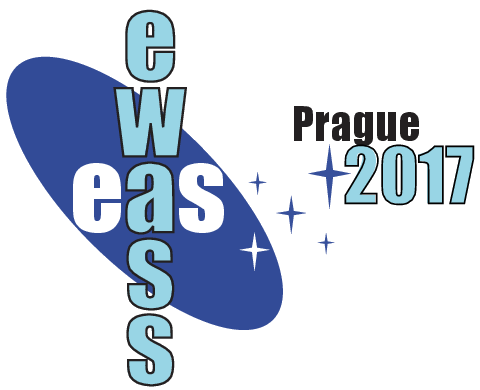
 A power cut will shut down all EAS services on Tuesday, 10 January 2017 starting at 7:30 CET.
A power cut will shut down all EAS services on Tuesday, 10 January 2017 starting at 7:30 CET.

